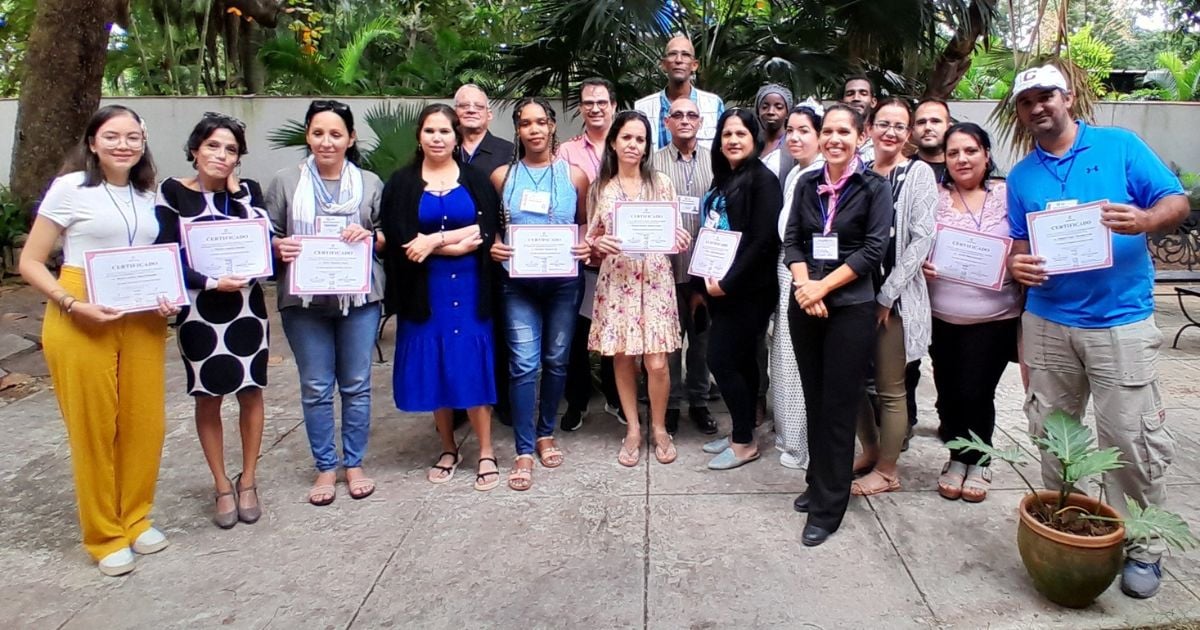The Cuban government has officially approved the first batch of social communication inspectors, who will operate under the authority of the Institute of Information and Social Communication (IICS). Their mission is to "control and oversee," which enhances the state's grip on information and ignites fears of increased censorship.
Jorge Legañoa, the vice president of the IICS, shared images on his X profile of the newly trained inspectors as they signed the Ethics Code and received their official credentials. "The new social communication inspectors in Cuba have signed the Ethics Code and obtained their credentials to exercise control and oversight in this field," the official stated.
In a separate post, Legañoa proudly announced the completion of training for the "first temporary social communication inspectors in Cuba," describing it as "another step towards fulfilling the agency's functions," clearly showcasing the regime's efforts to strengthen its information control mechanisms.
The IICS mentioned on the social network X that with the signing of the Ethics Code, inspectors embark on "a new phase in ensuring the adherence to current norms and the protection of citizen rights," a narrative at odds with growing concerns about these roles being used to bolster censorship and suppress freedom of expression in Cuba.
The Social Communication Law 162/2023 outlines the establishment of social communication inspectors, tasked with overseeing and ensuring compliance with regulations related to communicative processes in Cuba. These inspectors, operating under the IICS, aim to ensure that communicative content and practices across organizational, community, and media spheres align with the principles set by the socialist state.
Interestingly, the law stipulates that these inspectors' duties cover both physical and digital spaces, further cementing the state's control over the flow of information within society. According to Article 105 of the law, inspectors are authorized to conduct oversight activities on state bodies, organizations, and entities, as well as economic and social actors managing communication processes.
This includes ensuring that media outlets adhere to approved editorial guidelines, are properly registered with relevant national authorities, and that their content complies with constitutional and current regulations.
Additionally, inspectors have the authority to impose administrative penalties for violations, such as the dissemination of "unauthorized" or "discriminatory" messages. Their oversight extends to communication in cyberspace, where they are expected to "uphold ethics and legality," promote "values consistent with socialist ideology," and avoid messages deemed subversive or contrary to the constitutional order.
